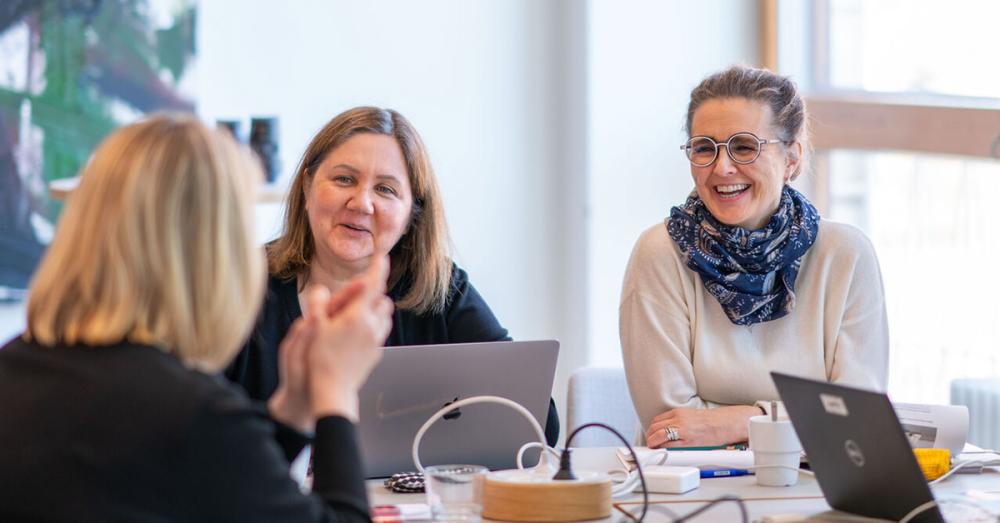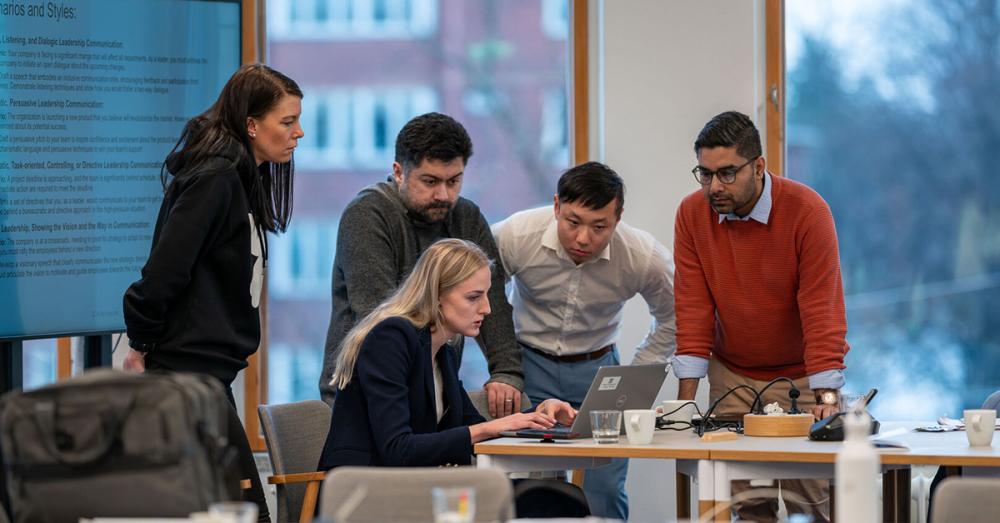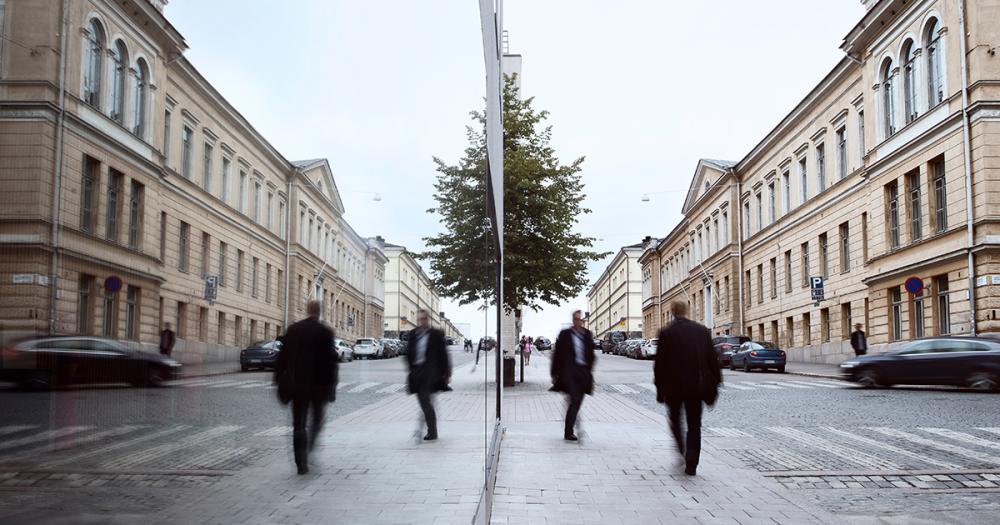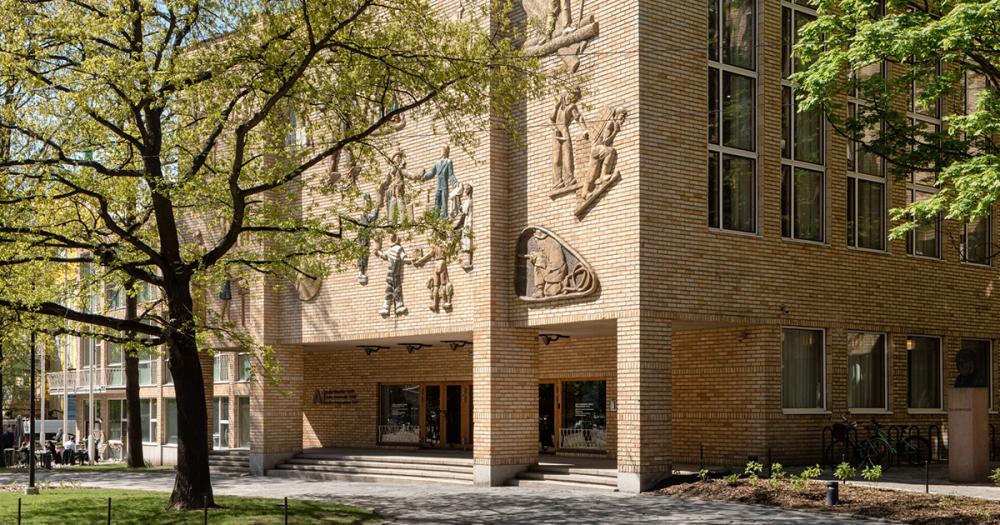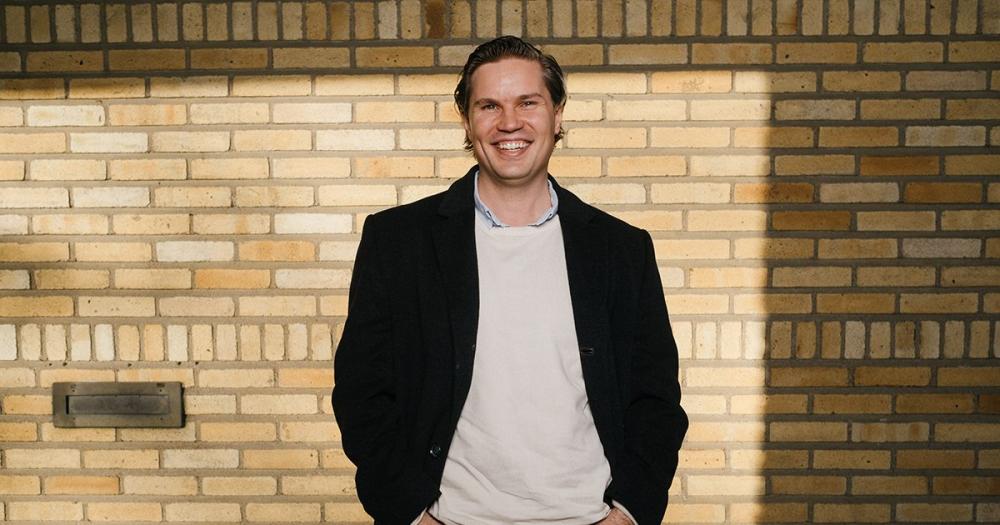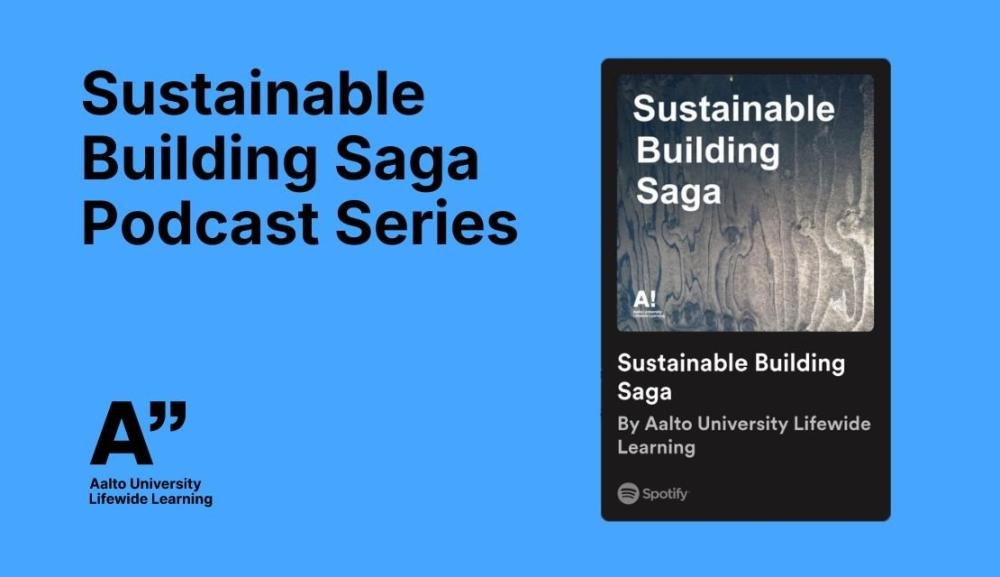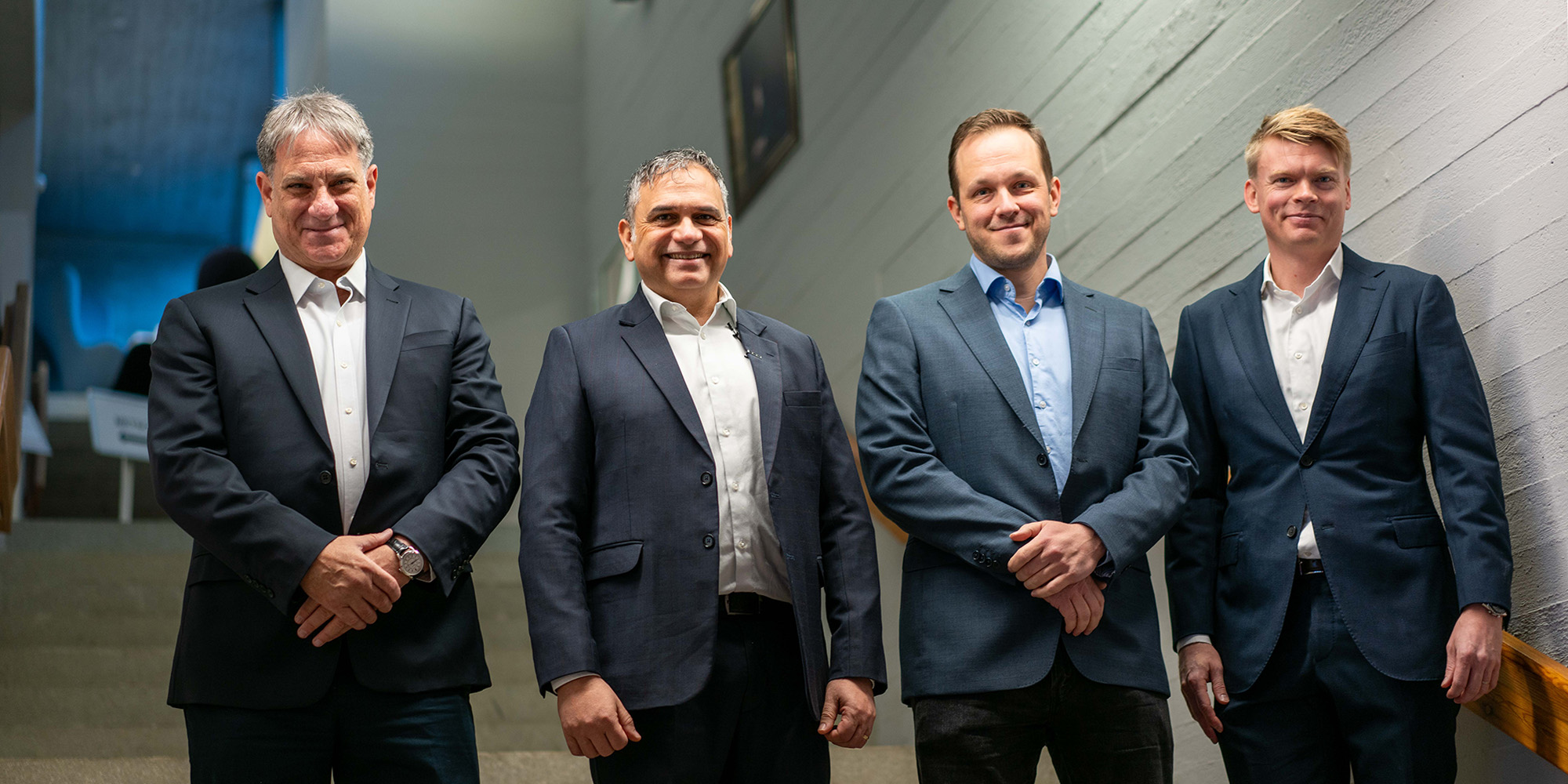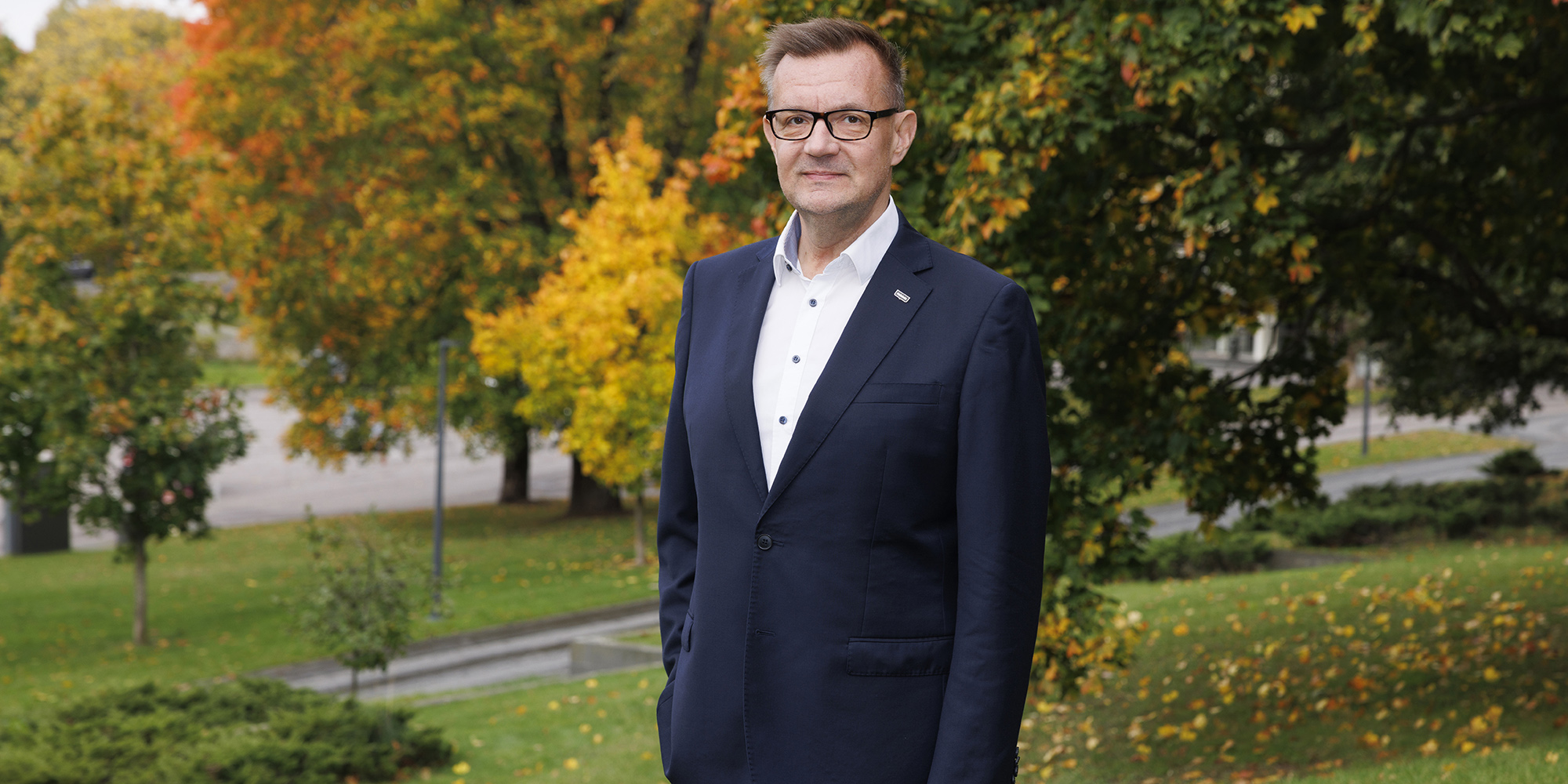Transport poverty refers to a situation where a person lacks adequate transport services, for example, access to different services and work, or the inability to pay for transport services. This can cause severe everyday problems for individuals to access general services such as work, school, or healthcare and maintain social relationships. Transport poverty is often higher among people with low income, elderly, disabled, or areas lacking sufficient public transportation. Topics related to transportation poverty will be discussed in the webinar, and it will be debated on how different economic decisions and means of control affect people's opportunities to function in society. Together with Aalto EE’s Timo Heikkinen discussing the topics are Prottoy Akbar (Assistant Professor at Aalto University and Helsinki Graduate School of Economics), Taru Pakkanen (Special Advisor at Finnish Transport and Communications Agency Traficom and Niko-Matti Ronikonmäki (Director of Unit at Ministry of Transport and Communication).
Keynote lecturer Prottoy Akbar will share his insight on the topic. Transportation lets us access desirable amenities and opportunities across space. To facilitate affordable and equal access for urban residents, cities offer public transportation at heavily subsidized flat fares. But while cities can cap the nominal price of getting on a bus, they have less control over the real price paid for access, such as the time spent walking to the bus, sharing a crowded space, facing congestion on the road, and often paying higher housing costs to reside closer to the bus stop. Not everyone faces the same price or the same level of access to public transit services. In fact, economics teaches us that when we fix low fares for a limited supply of transit service, the excess demand is relieved via higher “shadow” prices in other dimensions. So, not everyone rides the bus: only those willing to pay more for nearby housing or willing to walk longer. We will look at an example of this unintended (shadow) price discrimination in the form of income disparities in access to public transit in US cities and consider its implications for the pricing and spatial allocation of urban public transportation services.
Prottoy Akbar is an applied economist with research interests in urban and transportation economics. His research explores topics related to residential segregation and inequality by race and income, the cost of urban mobility, and the relationship between the two. He grew up in Dhaka (Bangladesh) and completed PhD in the US at the University of Pittsburgh. Currently, he works as an Assistant Professor at Aalto University, jointly in the Department of Economics and Department of Built Environment, and at the Helsinki Graduate School of Economics.
Register to watch the recording
Learn more about the YTK:n Pitkä kurssi urban planning and research program.

